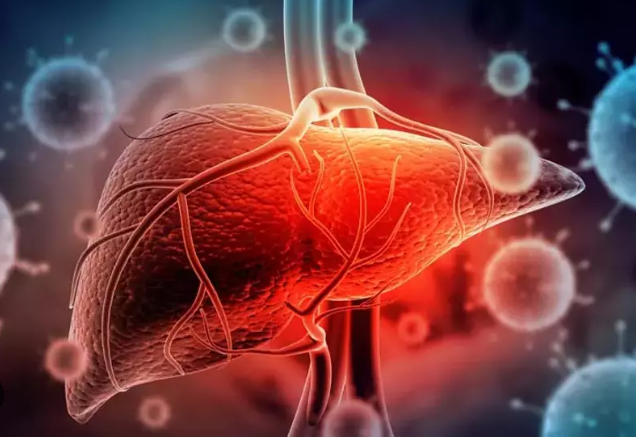World Hepatitis Day is celebrated every year on July 28 to raise awareness in society about hepatitis viruses that threaten liver health. Hepatitis means inflammation of the liver tissue and is mostly caused by hepatitis A, B, C, D, and E viruses. Millions of people around the world live with hepatitis, and the biggest challenge of the disease is that it often progresses without symptoms.
According to the World Health Organization, 296 million people worldwide live with chronic hepatitis B, and 58 million live with chronic hepatitis C. Hepatitis B and C viruses can lead to serious illnesses such as liver cirrhosis and liver cancer in the long term. Approximately 1.1 million people die each year from hepatitis-related causes. However, hepatitis is a disease that can be prevented through early diagnosis, treatment, and preventive measures.
How Is Hepatitis Transmitted?
• Hepatitis A and E are usually transmitted through contaminated water and food.
• Hepatitis B, C, and D are transmitted through blood and body fluids.
• Infected needles, blood products, and non-sterile surgical and dental procedures pose risks.
• It can be transmitted from mother to baby during birth.
• It can be transmitted through unprotected sexual contact.
What Are the Symptoms?
Hepatitis may sometimes show no symptoms and therefore progresses silently. Possible symptoms include:
• Fatigue and weakness
• Loss of appetite
• Nausea and vomiting
• Abdominal pain
• Yellowing of the skin and eyes (jaundice)
• Dark-colored urine
• Light-colored stool
How Can We Protect Ourselves?
• It is possible to be protected with the hepatitis B vaccine. This vaccine should be administered to everyone starting from the newborn period.
• Clean water and hygienic food consumption should be ensured.
• Tattoos and piercings should not be done in non-sterile environments.
• Personal items such as toothbrushes and razors should not be shared.
• People in contact with blood and blood products (including healthcare workers) should use gloves and protective equipment.
• Unprotected sexual intercourse should be avoided.
There is currently no vaccine for hepatitis C, but it has become a treatable disease today. Therefore, it is important for people in risk groups to get tested to detect the disease early.
Remember: Hepatitis Can Be Controlled with Early Diagnosis
World Hepatitis Day is an important opportunity to raise our awareness of this silent yet serious disease. Having accurate information about hepatitis, following protective measures, and not neglecting regular health check-ups will help protect your liver health.
Take a step today for a healthier future: Don’t forget to get tested for hepatitis.


